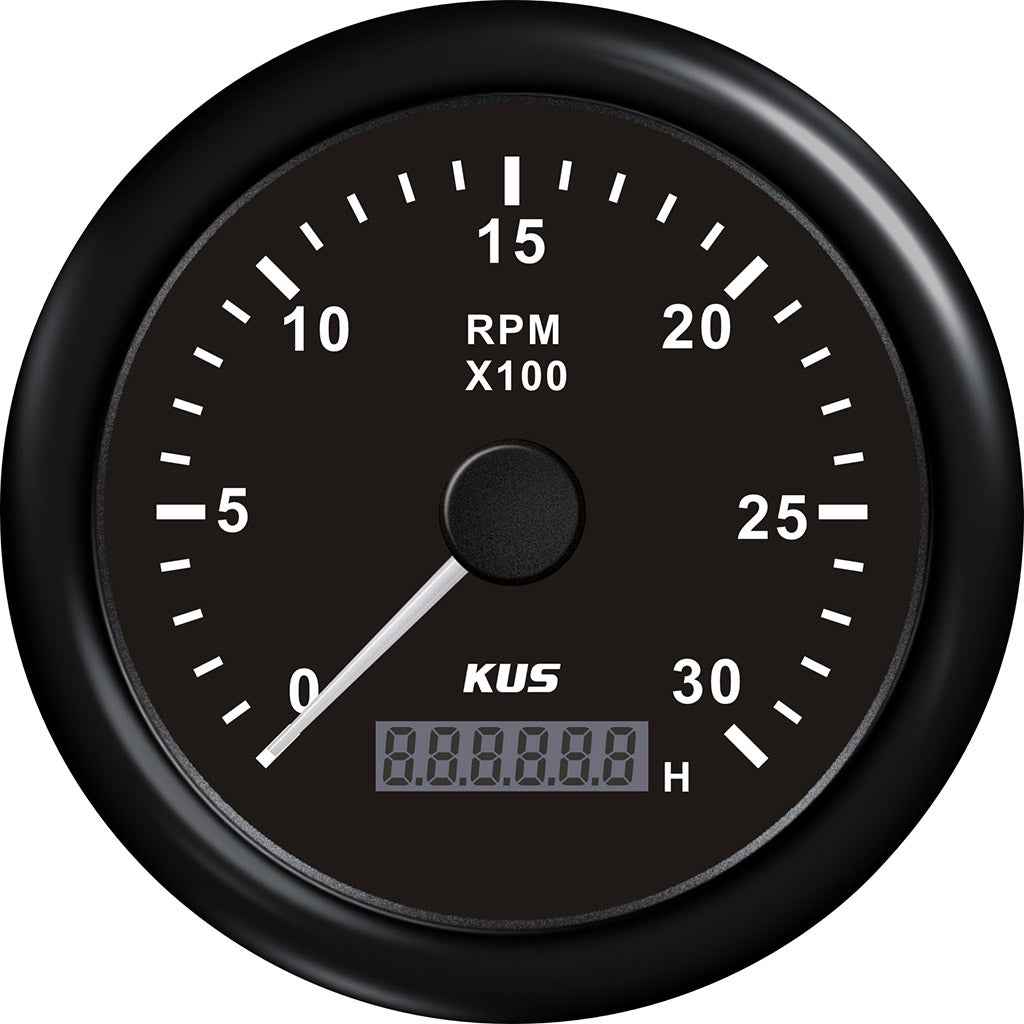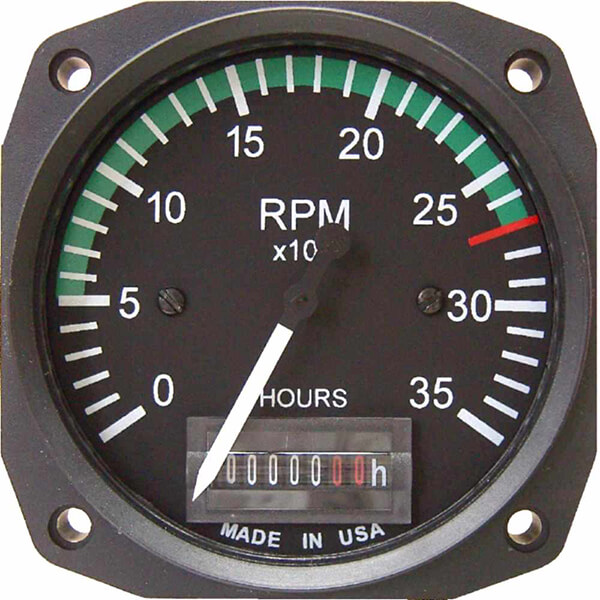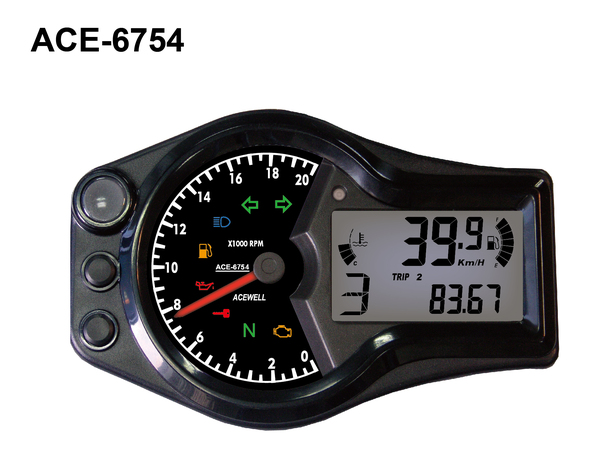Boost Your Driving Experience with a Reputable Tachometer
Boost Your Driving Experience with a Reputable Tachometer
Blog Article
The Value of a Tachometer in Keeping Track Of Engine Rate and Efficiency in Automotive Applications
In the realm of automobile engineering, the tachometer stands as a pivotal tool in the driver's toolbox, providing a direct home window into the internal functions of an automobile's engine. Beyond its function as a simple scale of revolutions per minute (RPM), the tachometer works as a crucial tool for fanatics and specialists alike, using real-time understandings into engine efficiency and health and wellness. Recognizing the value of this device exceeds surface-level monitorings, diving right into the complex partnership between engine speed, power outcome, and general driving experience. As we discover the diverse function of the tachometer in automobile applications, a deeper appreciation for its influence on automobile characteristics and performance begins to arise.
Value of Checking Engine RPM
Monitoring engine RPM, or revolutions per min, is a crucial facet of automotive upkeep and performance analysis. Engine RPM directly correlates with the speed at which the engine's crankshaft turns, suggesting how promptly the engine is running.
Additionally, checking engine RPM is crucial for performance evaluation in racing and high-performance lorries. In recap, keeping an eye on engine RPM is not just crucial for discovering problems yet additionally for optimizing engine efficiency in various automobile applications.

Advantages of Real-Time Data
In auto applications, real-time data plays a vital role in offering instantaneous understandings into the efficiency and condition of the automobile. By continually monitoring different parameters such as engine speed, temperature level, fuel intake, and a lot more, real-time data supplies many advantages that contribute to improved effectiveness and security on the roadway.
In addition, real-time information helps with performance optimization by providing prompt responses on driving practices and engine effectiveness. Vehicle drivers can readjust their behavior in real-time based on this info to achieve better fuel economic climate and extend the life-span of their lorry.

Moreover, real-time data plays an essential role in modern-day automotive diagnostics, enabling professionals to quickly diagnose and attend to malfunctions. This leads to reduced downtime, lower maintenance expenses, and ultimately, improved total automobile dependability and longevity (tachometer). By utilizing the power of real-time data, auto stakeholders can make informed choices that positively affect both the efficiency and durability of the vehicle
Effect On Equipment Shifts
The tachometer plays an essential duty in maximizing equipment shifts by giving real-time engine speed data to the driver. When approaching the redline on the tachometer, it signals the vehicle driver to upshift to stop over-revving the engine and triggering possible damage.
Moreover, the tachometer aids in accomplishing smoother gear changes, specifically in hand-operated transmissions. By checking engine rate, drivers can perform gear changes at the optimal RPM array, minimizing jerking movements and minimizing endure the transmission elements. This precision in equipment changes not just boosts driving convenience yet additionally adds to sustain performance.
Enhancing Gas Performance
Offered the vital role the tachometer plays in enhancing gear shifts for performance and engine health, it directly adds to optimizing fuel efficiency in automotive applications. By offering real-time comments on engine rate, the tachometer assists motorists in keeping the most reliable RPM array for fuel economy. When vehicle you can try here drivers consistently keep track of the tachometer and readjust their motoring practices as necessary, they can prevent unneeded fuel usage brought on by over-revving or carrying the engine.
Moreover, the tachometer helps motorists recognize the most fuel-efficient gear to be in at any provided minute, stopping the engine from working harder than necessary. In final thought, the tachometer offers as a useful tool in boosting fuel performance by advertising optimal driving habits and determining areas for renovation in the car's efficiency.

Making The Most Of Engine Durability
The tachometer's duty in keeping track of engine speed and efficiency is important in making sure the longevity of vehicle engines. By using the tachometer successfully, drivers can enhance engine longevity through conscious RPM administration. Constantly revving an engine too expensive can cause excessive wear and tear on essential parts, such as the pistons, shutoffs, and bearings. Gradually, this can lead to reduced engine efficiency and prospective breakdowns. Monitoring the tachometer enables vehicle drivers to stay within the recommended RPM range for their automobile, stopping unnecessary strain on the engine and expanding its lifespan.

Final Thought
Finally, the tachometer go to these guys plays an essential role in checking engine rate and efficiency in vehicle applications. By providing real-time information on RPM, it permits reliable equipment shifts, improved gas effectiveness, and maximized engine durability. This tool is essential for preserving optimal engine performance and making sure the general capability of a car.
Report this page